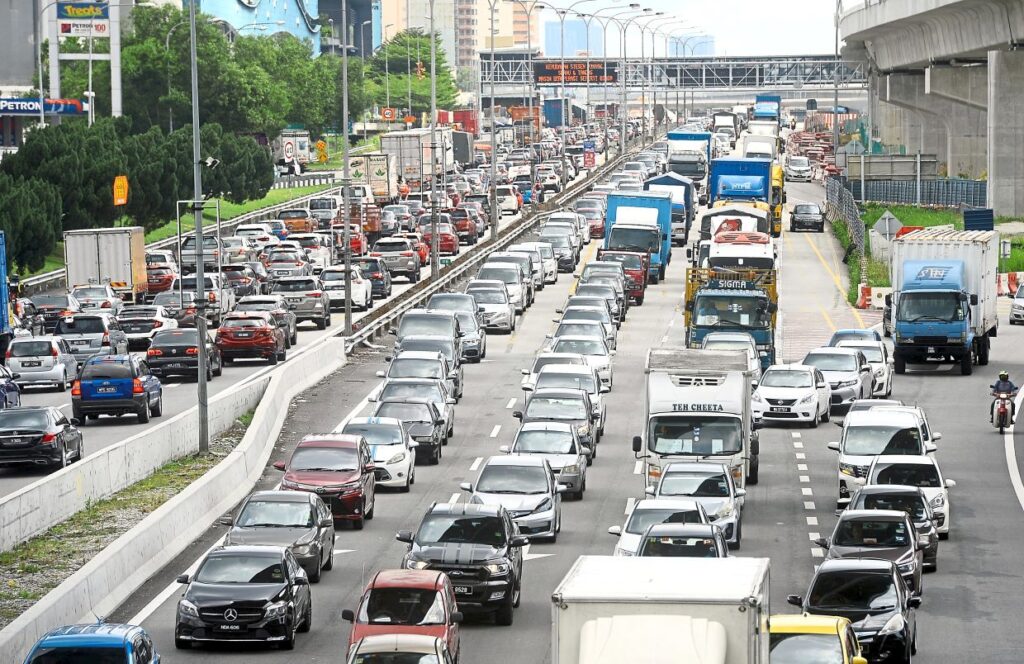New vehicle sales increased by 31 percent in January 2024 compared to January 2023.
A total of 65,499 units were sold compared to 50,168 units in the same month last year, following higher sales of passenger vehicles, said the Malaysian Automobile Association (MAA). The total sales consisted of 59,394 units of passenger vehicles, while 6,105 units were commercial vehicles.
The MAA added that the total industry volume (TIV) for January 2024 is however down 16 percent compared to December 2023 which recorded 78,398 units. “The higher sales in December 2023 was due to companies increasing vehicle deliveries to meet their outstanding orders, especially for companies with financial years ending December 2023 as well as purchases at low prices during the end of the year.”
At the same time, 76,077 units of vehicles were produced by automakers in January 2024. This number is a large increase compared to 58,527 units in January 2023. Of these two totals, 71,666 units were passenger vehicles, while another 4,411 units were vehicles trade in January 2024. Compared to January last year, 54,663 were passenger vehicles, and 3,864 units were commercial vehicles.
MAA expects lower vehicle sales in February 2024 as there was a long holiday in conjunction with the Chinese New Year celebration.
Regardless, the report did not separate the amount of sales by type of vehicle such as motorcycles, passenger cars, SUVs, and so on. It also does not separate vehicle sales by region or state.
In a separate news, industry vehicle sales are expected to decline overall for 2024 compared to 2023. A total of 799,731 units were sold last year, which was a record high.
That news published last January, said that Kenaga Research expects the total sales of 710,000 units of vehicles until the end of this year. RHB Research on the other hand projected the sales of only 625,000 units. Both figures are lower than the 740,000 units expected by MAA.
Kenanga Research said they expect a decline in sales as the withdrawal of fuel subsidies will impact demand for mid-size vehicles. However, sales of affordable vehicles may not be affected.
They also noted that a new car is still an affordable luxury for most Malaysian households despite high inflation and a slow global economy.

















